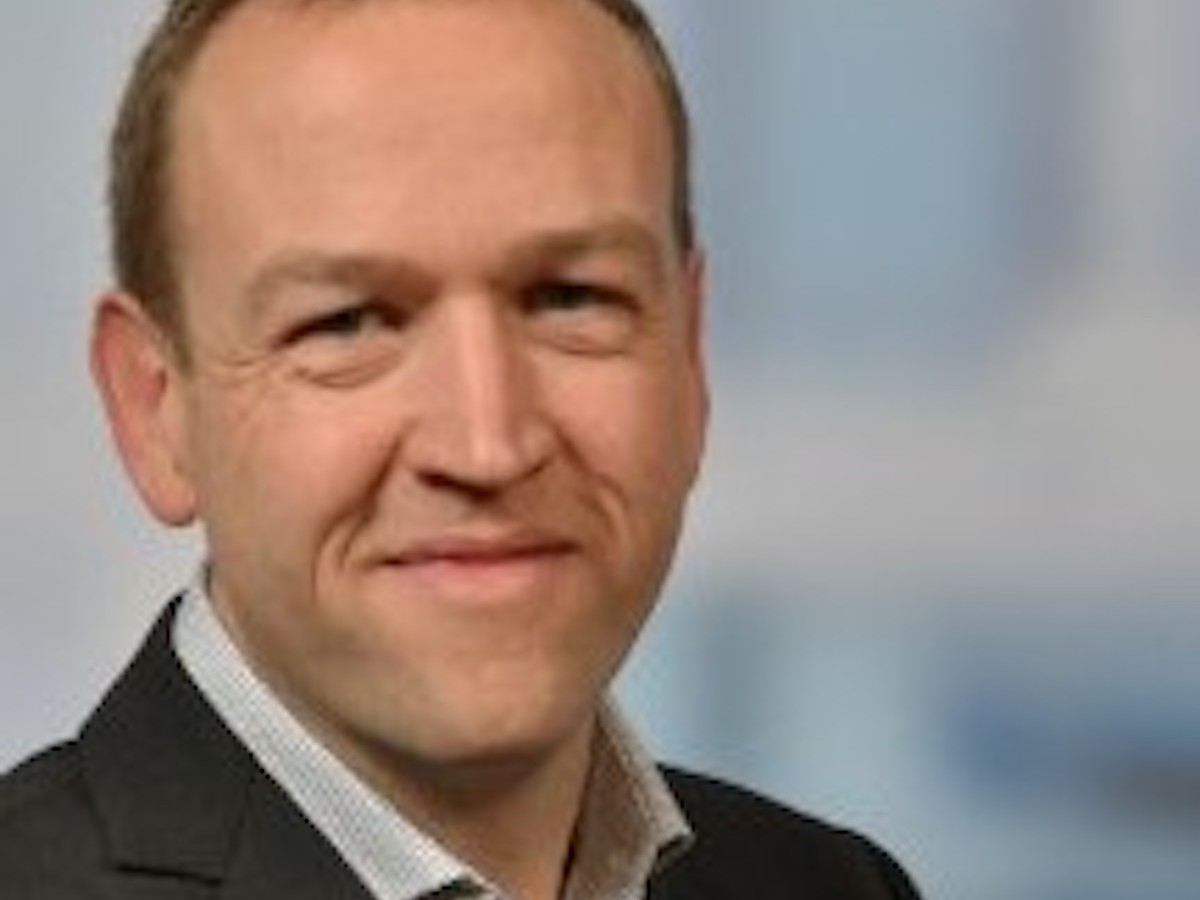I use many tips and tricks in my daily routines to help me maximize my day. My yoga teacher taught me this first trick to help me get to sleep faster: When you get into bed, flex your feet up and down 10 times. Because the mind is focusing on that unusual movement, you fall asleep. This also helps when waking up in the middle of the night. If I can’t fall asleep for more than 20 minutes, another strategy I use is forcing myself to get up and out of the bedroom, go to the bathroom, and then come back into bed. Apparently, this allows the brain to stop connecting the bed with a thousand thoughts and accepts again that it’s a place for sleeping.
To unplug and recharge during the day, I like to go out in the garden, even for five minutes, in between Zoom meetings. I also block off 30 minutes in the mid-afternoon to take a walk in the woods. It’s great for creativity, as you give your brain space for the unfocused mind. That unfocus allows the brain to make unconscious links and find solutions. I also actively try to use my different brains — in other words, flexing my creative brain by playing a few minutes of jazz piano allows the rational one to unwind.
To improve my focus, I took a page from David Allen’s book, Getting Things Done. I keep a one-stop-drop Excel file full of my ideas, projects, and to-dos. This helps empty my mind, create structure, prioritize, and it acts as a logbook for all points to be discussed with different stakeholders.
I also practice deep breathing two or three times a day to better connect with myself. In terms of movement, I find that we often sit too much, and even five minutes of biking can help get your blood pumping. With nutrition, I like to keep in touch with my body. Before indulging in anything, I ask myself if I really need to eat this. In the same vein, I only fill my plate 80% to prevent overeating. I stop eating early, when I’m almost done, so I can try to recognise the bodily signals of either hunger or fullness.
As I’ve been attending Thrive webinars and using the Thrive app, I’ve picked up an additional two Microsteps. The first is worry time: I keep it to five minutes in the morning, and then I try to avoid worrying for the rest of the day. I also practice breathing for better sleep: Being conscious of slower belly breathing helps to relax the mind and body.
I started practicing all of these Microsteps because I have a curious mind and I’m always eager to learn more. Installing certain routines also allowed me to survive COVID sanely. The Zoom fatigue is such that I cannot stand over four hours of back-to-back meetings. But grounding myself by fiddling around in the garden or escaping for 20 minutes in the woods is like a mental reboot and it allows me to be fresh again.
If you’re observing signals of burnout, remember to know thyself! Listen to what people say about you; learn your rhythms, your best way of working, you need to step back and hide in nature, or whatever makes you perform at your best. Then, hang onto that unique “self manual” and trust your instincts when you feel something is not quite right.It also helps to live in the now. Our schedules are full, our minds are racing, we’re continuously distracted by beeps and tweets, our emotions are switching back and forth between regrets and anxious anticipations about the planet. Breathing and living in the now, even for 10 minutes at a time, allows us to be full of gratitude and reduce stress.


